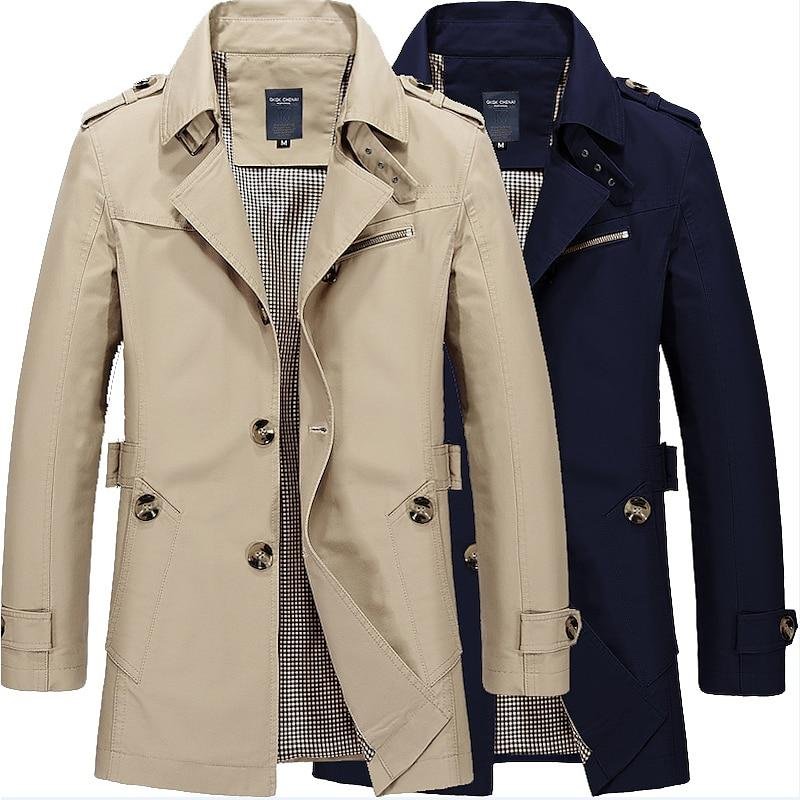Tag: fashion, clothing, society, trends, history
In today’s fast-paced world, fashion is an ever-changing industry that plays a significant role in our daily lives. From the clothes we wear to the way we present ourselves, it has become an integral part of modern society. As such, the evolution of fashion has been closely intertwined with cultural and societal changes over time.
The concept of clothing can be traced back to ancient civilizations where people used animal skins or leaves for protection against the elements. However, as civilizations advanced and trade routes were established, textiles became more accessible and began to play a crucial role in self-expression.
Throughout history, clothing has been used not only for practical purposes but also as a form of social status. In ancient societies like Egypt and Greece, garments were often adorned with intricate designs and expensive materials reserved only for the wealthy elite.
Fast forward to the Middle Ages in Europe; clothing was heavily influenced by religion and class distinctions. Peasants wore simple tunics while nobles adorned themselves with luxurious fabrics such as velvet and silk embellished with jewels.
However, it wasn’t until the 14th century that fashion truly began to evolve into what we know today. The Renaissance period saw a revival of classical elements from Ancient Rome and Greece which led to elaborate outfits that reflected power and wealth.
As technology advanced during the Industrial Revolution in the 18th century, mass production brought about affordable textiles leading to ready-to-wear garments being available for all classes. This shift marked a turning point in fashion where individual style started becoming more prevalent than strictly following societal norms.
The 20th century saw rapid changes in both technology and culture which greatly impacted fashion trends each decade. From flapper dresses in the roaring twenties to hippie styles of free expression during the ’60s – each era had its unique influences on popular clothing choices.
In modern times, fashion has become more diverse and inclusive than ever before. With the rise of social media, individuals can now express their style to a wider audience, and trends spread faster than ever. However, this also comes with its challenges as fast fashion has contributed to environmental issues such as pollution and waste.
Despite these challenges, fashion continues to play an essential role in society by allowing people to express themselves and celebrate diversity. It is no longer just about keeping warm or meeting social expectations; it has become a way for individuals to convey their personalities and beliefs.
In conclusion, the evolution of fashion reflects the changes in societal values throughout history. From practicality and status symbols to self-expression and inclusivity – it is clear that clothing goes beyond mere fabric on our bodies but serves as a reflection of who we are as individuals in society.

